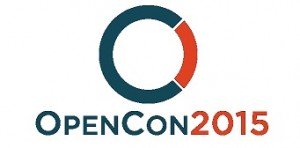
Ciência Aberta e Redes Sociais
Open science (OpenCon Event) refers to a new trend in scientific practice, which from the development and support of digital culture, provides information and data in open access in the opposite way the closed research groups and laboratories.
which from the development and support of digital culture, provides information and data in open access in the opposite way the closed research groups and laboratories.
In this context, peer review, as the Peerage of Science, the arXiv and the PLoS confirm this trend that emerges now also on social networks.
An example of the use of social networks was the study of antimalarial American researcher Jean-Claude Bradley and his students.
They share information about everything that produce the research at Drexel University in Philadelphia, whose goal is to develop useful organic compounds for the prevention or cure of the disease that kills more than 1 million people a year worldwide.
Bradley used the model of “wikis” to develop data sharing in social networks, and was in the wake of this research was born CreativeCommons – founded in 2001 in the United States, aimed at increasing the sharing and use of knowledge through licenses that release copyright (all rights reserved) in exclusive areas to discuss science.
The USP performs these days the meeting of Open Science, with several workshops, lectures and a round table to enlarge this horizon in the country move to incorporate the international initiative called OpenCon.
Registration is free, with workshops at ECA, CCSL in mathematics from USP and GaroaHacker Club.









